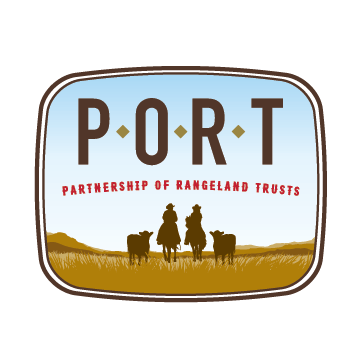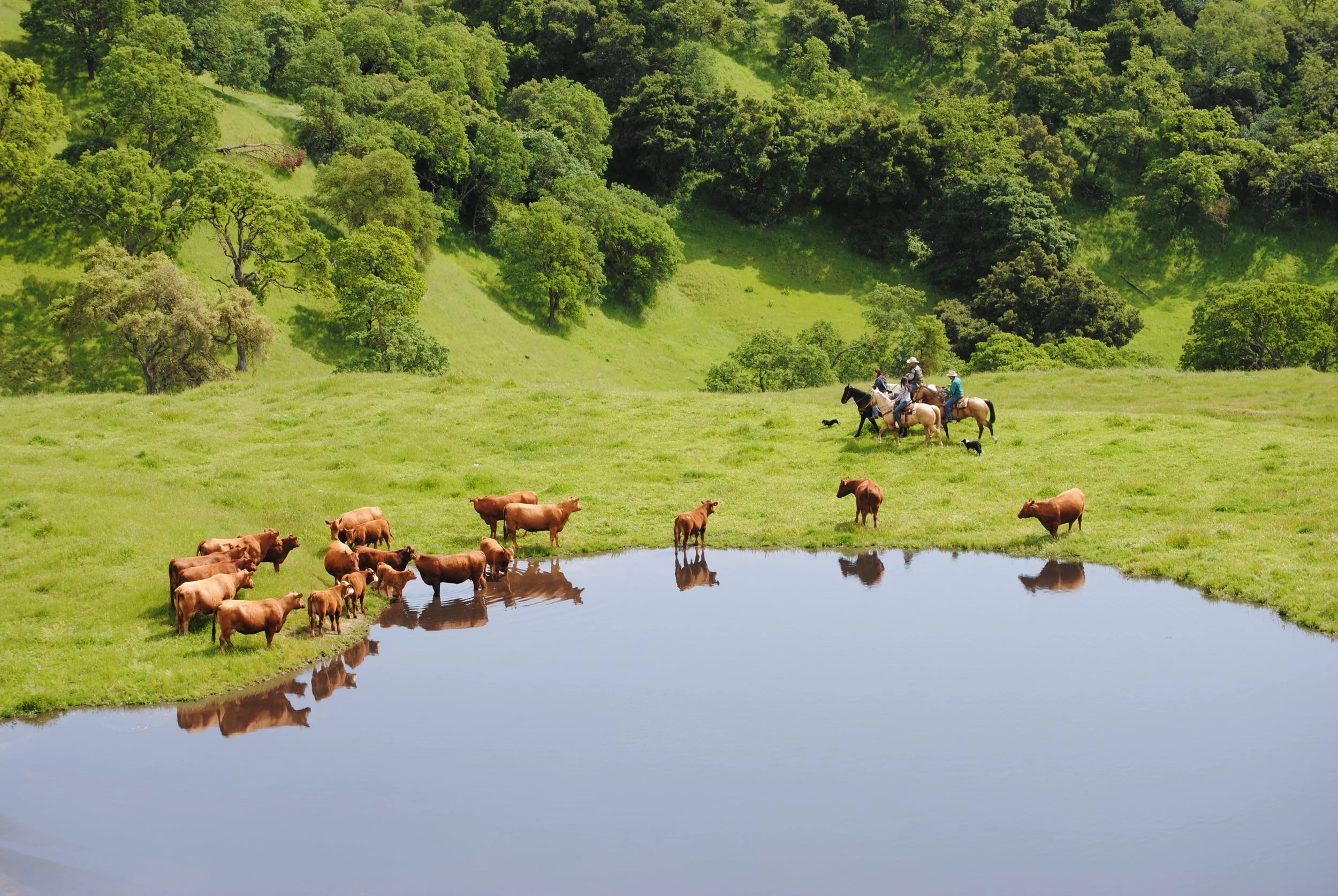Impact
looking to the future
Over the 20-year history of this alliance, PORT’s nine member land trusts have collectively conserved 3,178,856 acres of working lands across eleven states. As we turn our attention to the next 20 years, we will be ramping up our efforts to partner with landowners and advocate for the conservation of working lands and western heritage.
As of 2024, PORT members are working to conserve:
265
ACTIVE PROJECTS
600,165
TOTAL
ACRES
WHAT’S AT STAKE IN OUR 12 STATES
8,804,056 ACRES
AGRICULTURAL LAND LOST BETWEEN
2017-2022
46,407
FAMILY FARMS LOST BETWEEN
2017-2022
Data courtesy of the 2022 USDA Census of Agriculture
While the collective efforts of this partnership have made a huge difference across the landscape, the threats we face are significant. Development is quickly encroaching on rural areas, and some of America’s most productive farmland and ranchland is rapidly being converted and lost forever.
The numbers below estimate the total acreage that could be permanently lost in PORT member states by 2040, if current development patterns persist.
1,400,100 ACRES
CROPLAND
2,192,400 ACRES
RANGE-LAND
1,229,500 ACRES PASTURE-LAND
175,100 ACRES WOODLAND
Total projected loss of agricultural lands = 4,996,000 acres
PROJECTED ACREAGE TO BE CONVERTED from 2016-2040, by state:
-
Cropland - 303,400 acres
Pastureland - 67,300 acres
Rangeland - 424,500 acres
Woodland - 2,100 acres
PROJECTED LOSS OF 797,400 ACRES
-
Cropland - 109,000 acres
Pastureland - 42,500 acres
Rangeland - 264,300 acres
Woodland - 1,700 acres
PROJECTED LOSS OF 417,500 ACRES
-
Cropland - 66,700 acres
Pastureland - 23,300 acres
Rangeland - 20,100 acres
Woodland - 3,000 acres
PROJECTED LOSS OF 113,100 ACRES
-
Cropland - 100,000 acres
Pastureland - 43,900 acres
Rangeland - 45,600 acres
Woodland - 7,400 acres
PROJECTED LOSS OF 196,900 ACRES
-
Cropland - 92,100 acres
Pastureland - 32,700 acres
Rangeland - 45,500 acres
Woodland - 1,400 acres
PROJECTED LOSS OF 171,700 ACRES
-
Cropland - 68,300 acres
Pastureland - 32,700 acres
Rangeland - 13,100 acres
Woodland - 1,000 acres
PROJECTED LOSS OF 103,800 ACRES
-
Cropland - 79,400 acres
Pastureland - 197,300 acres
Rangeland - 146,300 acres
Woodland - 35,900 acres
PROJECTED LOSS OF 458,000 ACRES
-
Cropland - 47,100 acres
Pastureland - 33,100 acres
Rangeland - 25,800 acres
Woodland - 3,100 acres
PROJECTED LOSS OF 109,100 ACRES
-
Cropland - 50,200 acres
Pastureland - 17,400 acres
Rangeland - 88,900 acres
Woodland - 400 acres
PROJECTED LOSS OF 156,900 ACRES
-
Cropland - 406,800 acres
Pastureland - 670,600 acres
Rangeland - 1,005,500 acres
Woodland - 109,900 acres
PROJECTED LOSS OF 2,192,700 ACRES
-
Cropland - 68,300 acres
Pastureland - 72,400 acres
Rangeland - 42,600 acres
Woodland - 9,100 acres
PROJECTED LOSS OF 192,300 ACRES
-
Cropland - 8,800 acres
Pastureland - 7,600 acres
Rangeland - 70,200 acres
Woodland - 100 acres
PROJECTED LOSS OF 86,600 ACRES
Data courtesy of the American Farmland Trust, Farms Under Threat Initiative. Visit their website to learn more.
Iconic Lands, Extraordinary People
Essential to America’s great landscapes and the people, economies, and wildlife that depend on them are critically situated, privately owned lands. These are lands of significant and under-rated value for public resources that supply essential services and benefits to citizens across the nation. These are the watersheds that store drinking water for America’s cities; these are the essential winter ranges and migratory habitats for game species from ducks to deer; these are the meadows and fields that grow food and offer national food security; these are the open lands that buffer streams and rivers carrying water and nutrients for commerce, recreation and agriculture; that raise beef, sheep and wildlife; that are the majestic views; the rolling hills and temperate bottomlands that support the natural and economic health of our nation. The private lands of America -- particularly in the West and High Plains -- link the blocks of public land into iconic, productive landscapes, and are lifelines for species migration. They are the necessary pieces of the puzzle that matter economically, culturally, aesthetically, and scientifically to America’s future.











